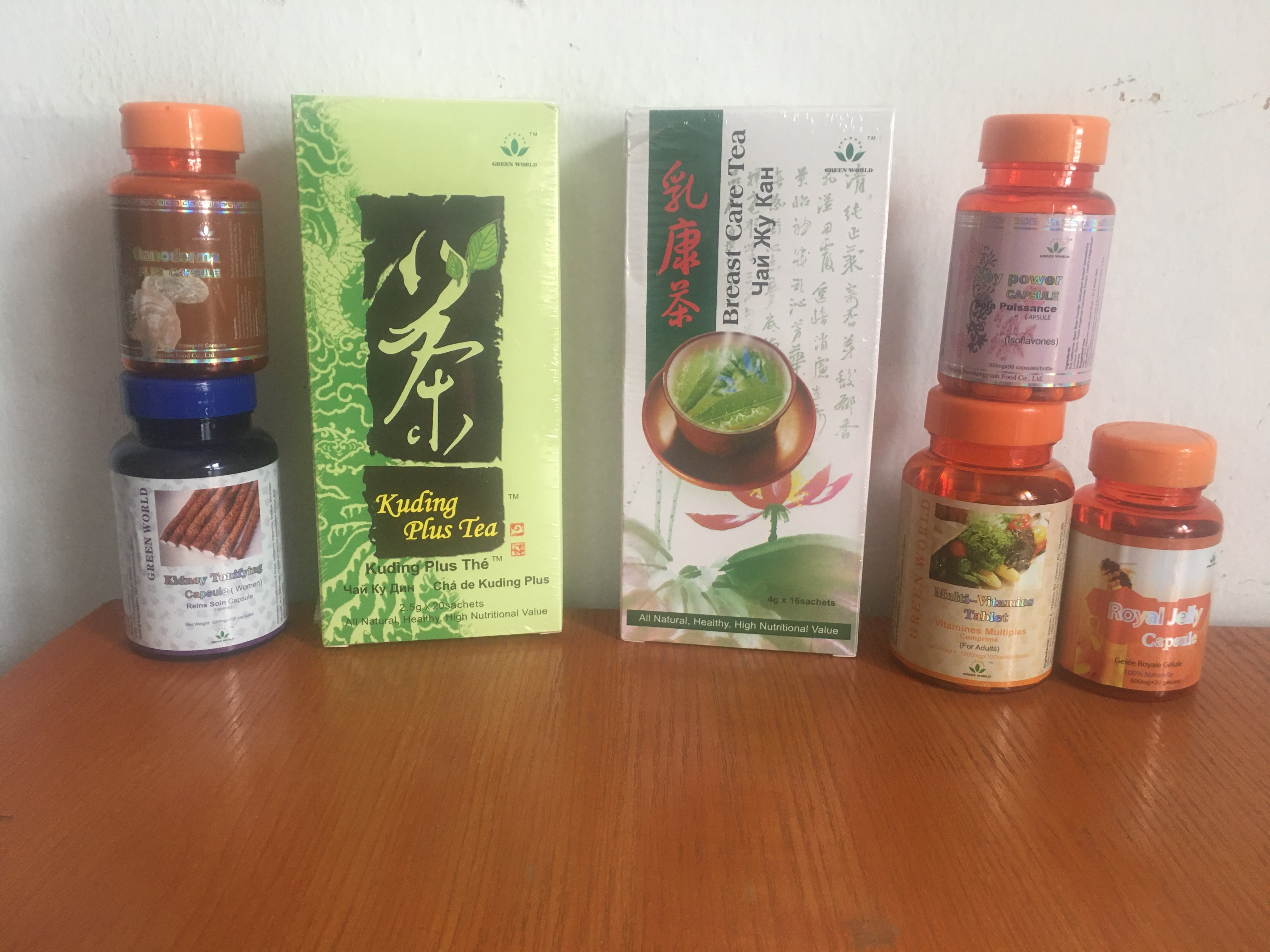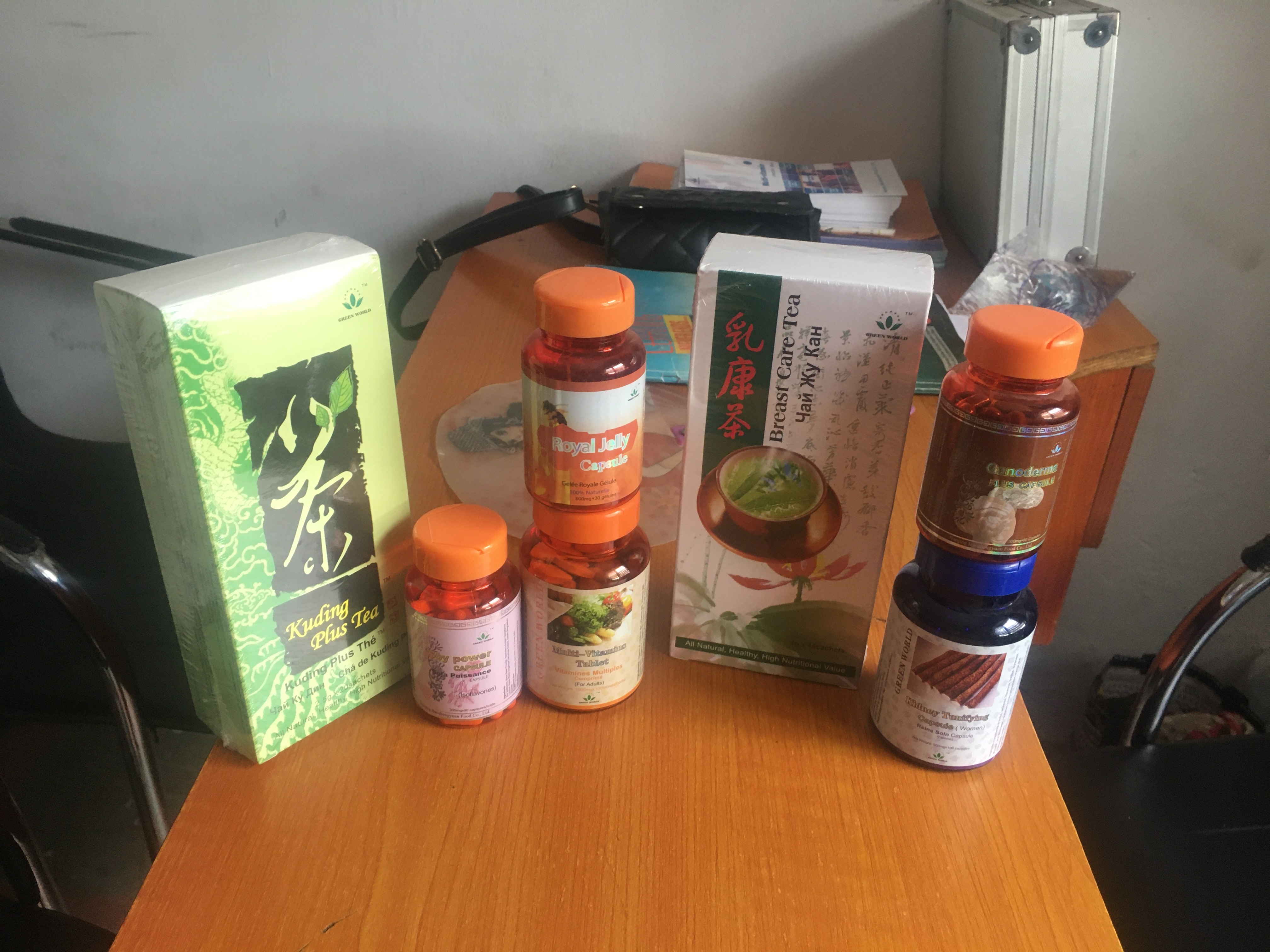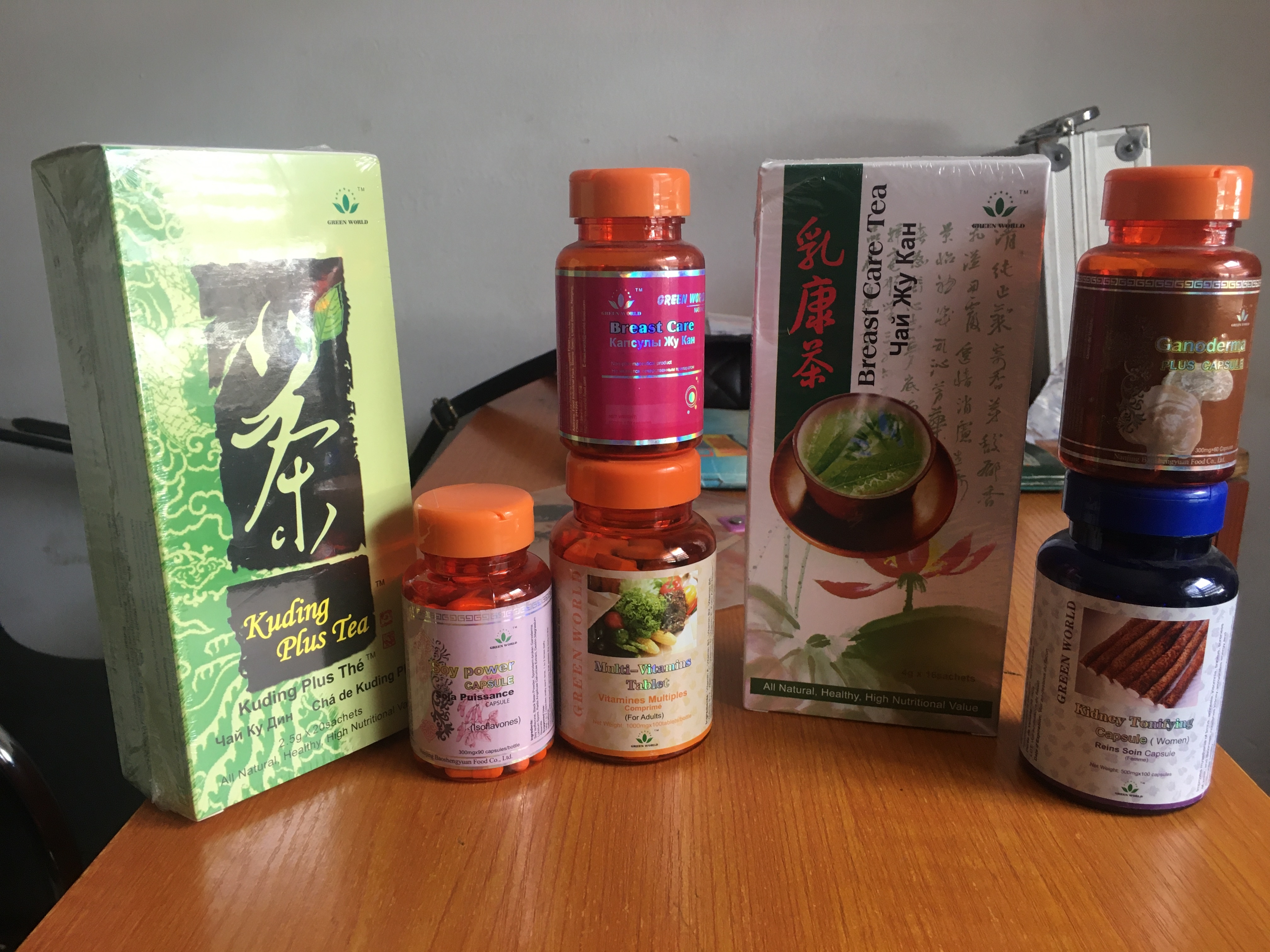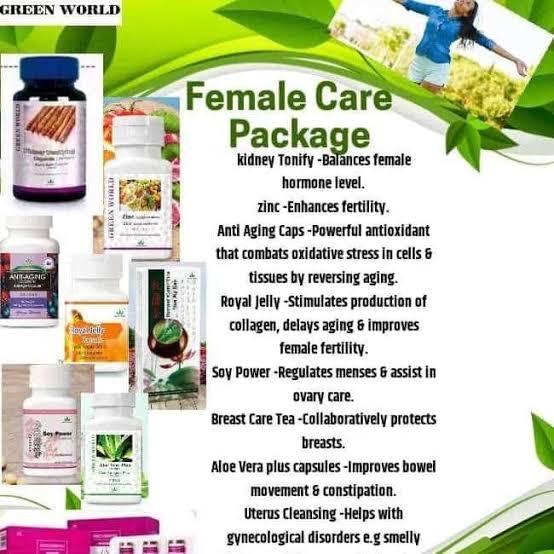


woman infertility and the causes
in Health






refers to the inability to conceive after actively trying to get pregnant for at least a year, or six months if the woman is over the age of 35. There are several potential causes of female infertility, which can involve issues with ovulation, the reproductive organs, hormonal imbalances, or other medical conditions. Here's a detailed breakdown:
Ovulation Disorders: Ovulation, the release of an egg from the ovary, is a crucial part of the conception process. Disorders that affect ovulation can lead to infertility. Common ovulation disorders include:
Polycystic Ovary Syndrome (PCOS): PCOS is a hormonal disorder characterized by irregular ovulation, high levels of androgens (male hormones) in the body, and multiple small cysts on the ovaries. This can disrupt regular menstrual cycles and make it difficult to conceive.
Primary Ovarian Insufficiency (POI): Also known as premature ovarian failure, POI occurs when the ovaries stop functioning normally before the age of 40. This can result in irregular or absent periods and infertility.
Hypothalamic Dysfunction: The hypothalamus, a part of the brain, regulates the hormones responsible for ovulation. Dysfunction in this area can disrupt ovulation.
Fallopian Tube Blockage or Damage: The fallopian tubes are the pathways through which eggs travel from the ovaries to the uterus. Blockages or damage to these tubes can prevent the egg from reaching the uterus or the sperm from reaching the egg. Common causes include:
Pelvic Inflammatory Disease (PID): Caused by sexually transmitted infections such as chlamydia or gonorrhea, PID can lead to scarring and blockages in the fallopian tubes.
Endometriosis: Endometriosis is a condition where the tissue lining the uterus (endometrium) grows outside the uterus, often affecting the ovaries and fallopian tubes. This can cause blockages and inflammation, hindering conception.
Uterine or Cervical Issues: Problems with the uterus or cervix can also contribute to infertility. These may include:
Uterine Fibroids: Noncancerous growths in the uterus that can interfere with implantation or block the fallopian tubes.
Uterine Polyps: Overgrowths of the uterine lining that can hinder implantation or cause irregular bleeding.
Cervical Stenosis: Narrowing of the cervix, which can impede the passage of sperm into the uterus.
Hormonal Imbalances: Hormonal imbalances can disrupt the menstrual cycle and affect ovulation. Common hormonal conditions associated with infertility include:
Thyroid Disorders: Both hypothyroidism (underactive thyroid) and hyperthyroidism (overactive thyroid) can affect fertility.
Hyperprolactinemia: Elevated levels of the hormone prolactin can interfere with ovulation.
Insulin Resistance: Conditions like diabetes or PCOS can lead to insulin resistance, which can disrupt hormone levels and ovulation.
Age-related Factors: Fertility declines with age, particularly after the age of 35, as the quantity and quality of a woman's eggs diminish. Advanced maternal age is associated with a higher risk of infertility and pregnancy complications.
Lifestyle Factors: Certain lifestyle choices and environmental factors can also impact fertility, including:
Smoking: Tobacco use can decrease fertility in women and increase the risk of miscarriage and ectopic pregnancy.
Alcohol and Drug Use: Excessive alcohol consumption and illicit drug use can impair fertility.
Weight: Both underweight and overweight women may experience fertility problems, as weight extremes can disrupt hormone levels and menstrual cycles.
Other Medical Conditions: Certain medical conditions can affect fertility, such as:
Autoimmune Disorders: Conditions like lupus or rheumatoid arthritis can affect fertility.
Cancer and its Treatment: Cancer treatments such as chemotherapy and radiation can damage reproductive organs and impair fertility.
Diagnosing the specific cause of infertility often involves a comprehensive medical evaluation, including a review of medical history, physical examination, and various tests such as blood tests, ultrasound, and imaging studies. Treatment options may vary depending on the underlying cause and may include medications to induce ovulation, surgical procedures to correct anatomical issues, assisted reproductive technologies (such as in vitro fertilization), or lifestyle modifications.
It's important for couples experiencing infertility to seek support from healthcare providers specializing in reproductive medicine, who can offer personalized guidance and treatment options. Emotional support and counseling may also be beneficial, as infertility can be a challenging and stressful experience,Here are some general considerations for using herbal or nutritional supplements, including those from Green World, to potentially support fertility treatment in women:
Consultation with a Healthcare Professional: Before starting any treatment, it's crucial for the woman to undergo a thorough evaluation by a healthcare provider specializing in reproductive health. They can diagnose any underlying issues contributing to infertility and provide personalized recommendations.
Understand the Products: If considering Green World products or any herbal supplements, it's essential to research and understand the ingredients, their potential effects, and any known side effects or interactions. Not all herbal supplements are safe or effective for everyone, and some may have adverse effects or interact with medications.
Comprehensive Treatment Approach: Herbal supplements should not be relied upon as the sole treatment for infertility. Instead, they may complement conventional medical treatments, such as medications to induce ovulation or assisted reproductive technologies like in vitro fertilization (IVF).
Nutritional Support: Certain nutrients, such as folic acid, vitamin D, and omega-3 fatty acids, may play a role in fertility. Green World or other nutritional supplements may provide support in ensuring adequate intake of essential nutrients, but again, this should be done under the guidance of a healthcare professional.
Lifestyle Modifications: In addition to supplements, lifestyle factors such as diet, exercise, and stress management can influence fertility. Encouraging a healthy lifestyle, including a balanced diet, regular physical activity, and stress reduction techniques, may improve overall reproductive health.
Monitoring and Evaluation: Throughout any treatment regimen, it's essential to monitor progress and adjust the approach as needed. Regular follow-up with a healthcare provider can help track any changes in fertility and adjust treatment accordingly.
It's important to note that while herbal supplements and nutritional products may offer potential benefits, they are not guaranteed to treat infertility, and individual responses may vary. Additionally, some products may lack rigorous scientific evidence supporting their efficacy and safety for specific health conditions.
In conclusion, when considering using Green World or similar products for treating infertility in women, it's crucial to prioritize safety, consult with a qualified healthcare provider, and approach treatment as part of a comprehensive and individualized plan. for more information or detail, contact or whatsapp: 08067889132,08171093038
Share this post
Naijanetwork Forum Statistics
Threads: 14818,
Posts: 17866,
Members: 6706


